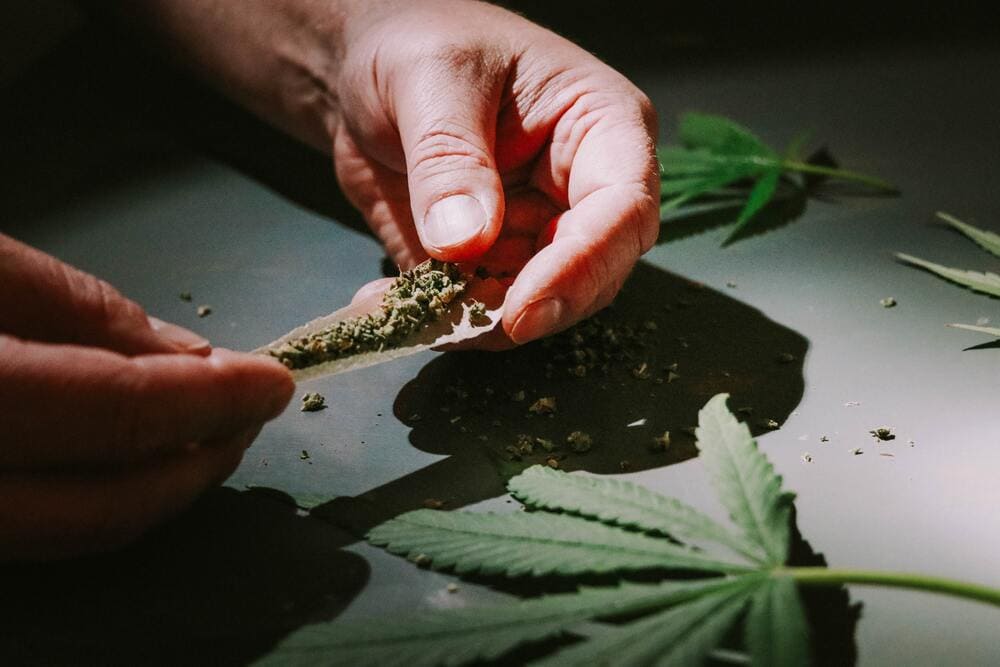Cannabis Legalization in 2023: A Comprehensive Overview
Cannabis Legalization: Progress and Challenges in 2023
The status of cannabis legalization has been a subject of extensive discussion worldwide, including in France. While numerous countries have embraced laws permitting the medical and recreational use of cannabis, France remains relatively conservative in its approach to cannabis legislation.
Nevertheless, a shift in the paradigm appears to be underway. In 2023, France is reevaluating its stance on cannabis legalization, with a particular focus on its medical applications. The current situation is far from ideal for patients who could benefit from therapeutic cannabis.

Towards Enhanced Access to Therapeutic Cannabis
Presently, the use of therapeutic cannabis remains illegal in France, effectively depriving patients suffering from conditions such as epilepsy, multiple sclerosis, chronic pain, and chemotherapy-induced nausea of potential treatment options. This situation is primarily due to the classification of cannabis as a Class B narcotic, which deems it highly addictive with no recognized therapeutic value.
However, recent years have seen mounting pressure for the legalization of therapeutic cannabis in France. Notably, several political figures, including some government representatives, have voiced their support for the legalization of therapeutic cannabis. Patient associations, healthcare professionals, and human rights organizations have also joined the call for legislative change.
A New Government Initiative
In response to this pressure, the government has yielded and announced a bill proposing the legalization of therapeutic cannabis. The bill is currently undergoing parliamentary review, and it is expected to be adopted in the coming months.
This means that patients in need of therapeutic cannabis will soon have access to suitable treatments under specific conditions. They will be required to obtain a prescription from their doctor, and therapeutic cannabis will be made available in pharmacies. Cannabis producers will need authorization from health authorities, and patients will need to register with the National Agency for the Safety of Medicines.

A Modest First Step
Although the legalization of therapeutic cannabis represents a significant milestone, it does not resolve all the issues associated with cannabis legislation in France. There is still considerable work to be done to regulate the recreational use of cannabis, which remains illegal in the country. Consequently, recreational cannabis users are still at risk of arrest and prosecution.
Furthermore, the existence of a thriving black market for cannabis raises concerns. Illicit cannabis often exhibits poor quality and may be adulterated with harmful substances. Legalizing recreational cannabis could help curtail the black market and ensure consumer safety by establishing stringent quality and safety standards for cannabis production and distribution.
A Divisive Topic Among the Population
Nevertheless, the question of recreational cannabis legalization remains contentious in France. Certain groups, including religious organizations and parental associations, vehemently oppose any form of cannabis legalization, asserting that it would foster drug use and contribute to an upswing in crime.
Consequently, the implementation of recreational cannabis legalization in the foreseeable future appears unlikely. However, France may explore alternative forms of cannabis regulation, such as decriminalizing the possession of small quantities of cannabis for personal use.

Many countries have already enacted decriminalization measures for personal cannabis possession, whereby individuals apprehended for such offenses receive fines or administrative sanctions instead of facing criminal prosecution.
Potential Benefits for Authorities
Decriminalization could alleviate the burden on the judicial system and prevent the criminalization of cannabis consumers for minor infractions. It could also enable law enforcement and the justice system to focus resources on combating drug trafficking and more serious crimes.In conclusion, France is currently reassessing its approach to cannabis legislation. The impending legalization of medical cannabis will permit patients in need to access suitable treatments. However, the path to recreational cannabis legalization remains contentious and is unlikely to be realized in the near future. An intermediate solution, such as the decriminalization of personal cannabis possession, could alleviate pressure on the judicial system and enable the concentration of resources on more severe offenses. While there is still much to be accomplished in regulating.
